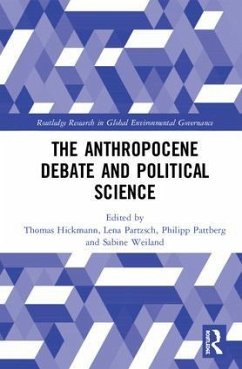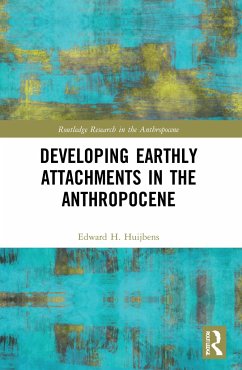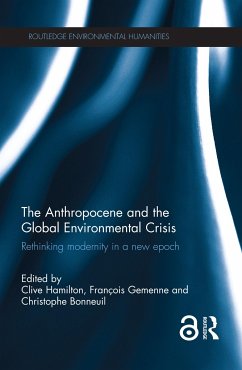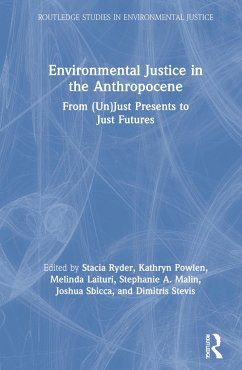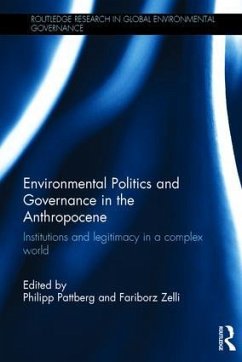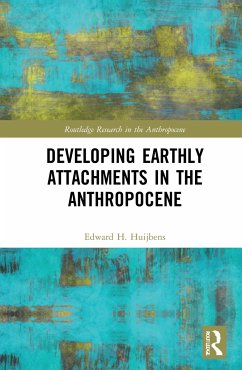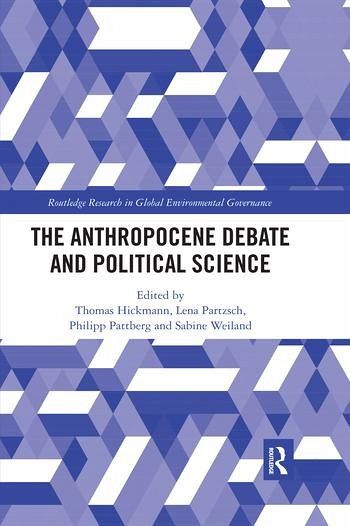
The Anthropocene Debate and Political Science
Versandkostenfrei!
Versandfertig in 1-2 Wochen
55,99 €
inkl. MwSt.
Weitere Ausgaben:

PAYBACK Punkte
28 °P sammeln!
This volume makes a vital contribution to the Anthropocene debate. It will be of great interest to students and scholars of political science, global environmental politics and governance, and sustainable development





